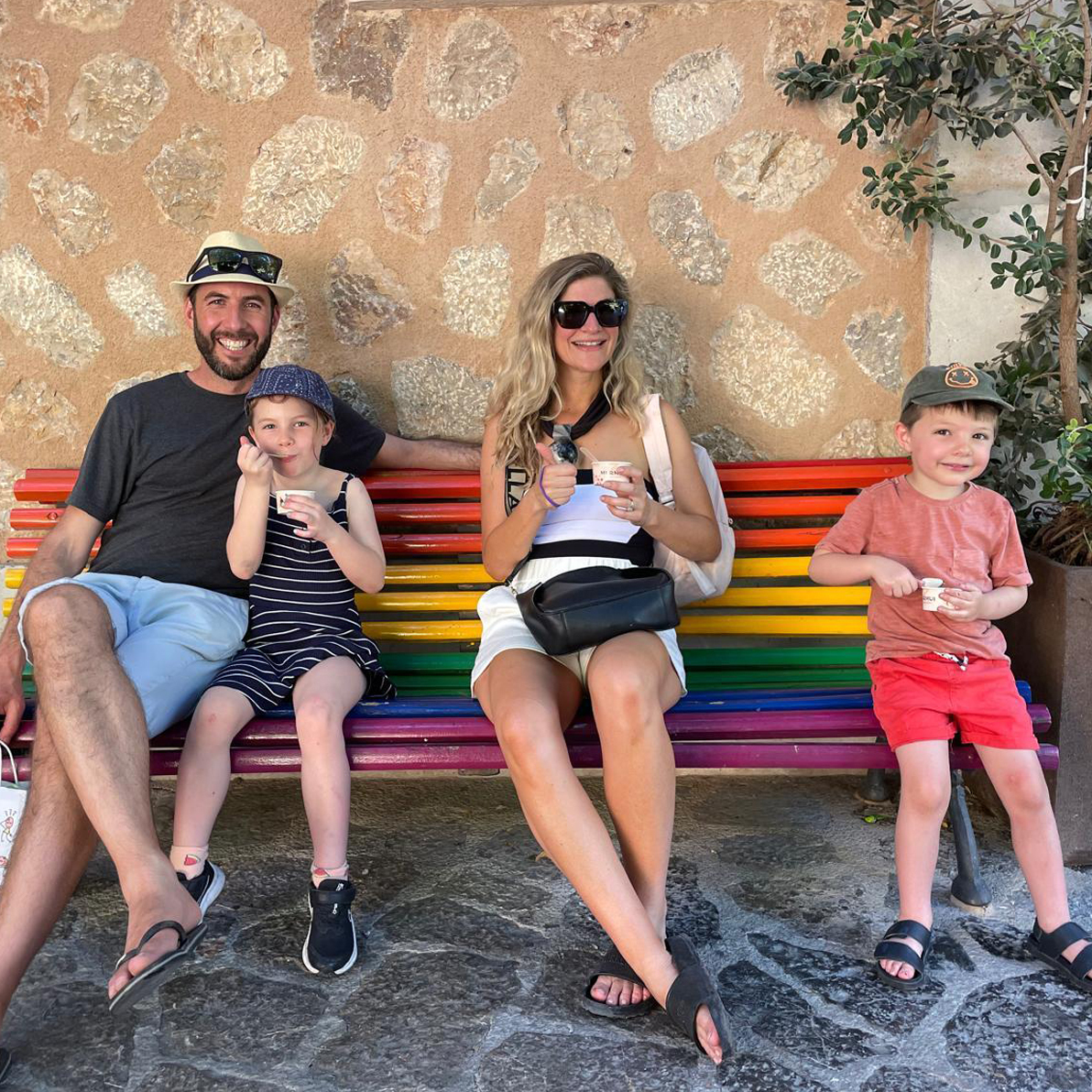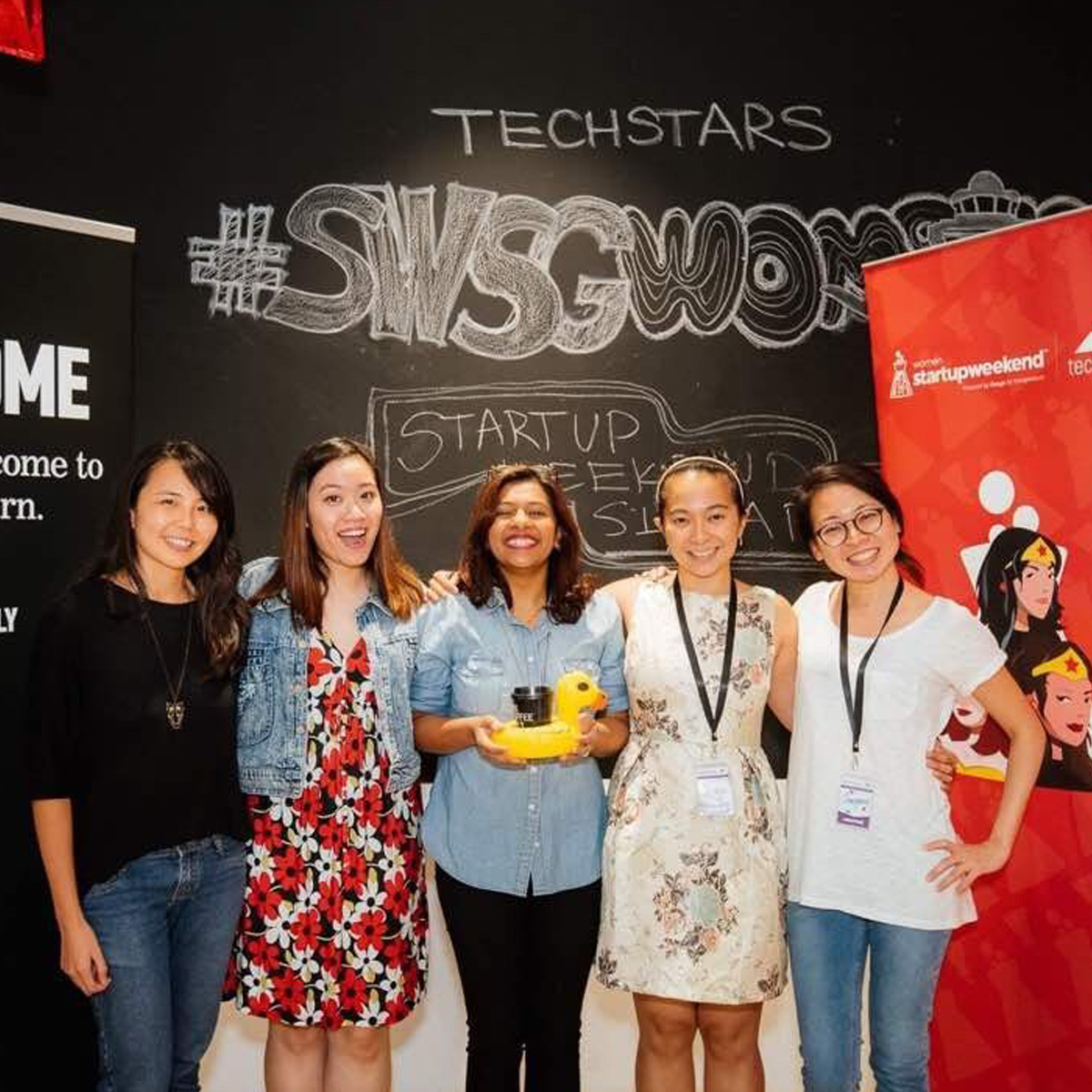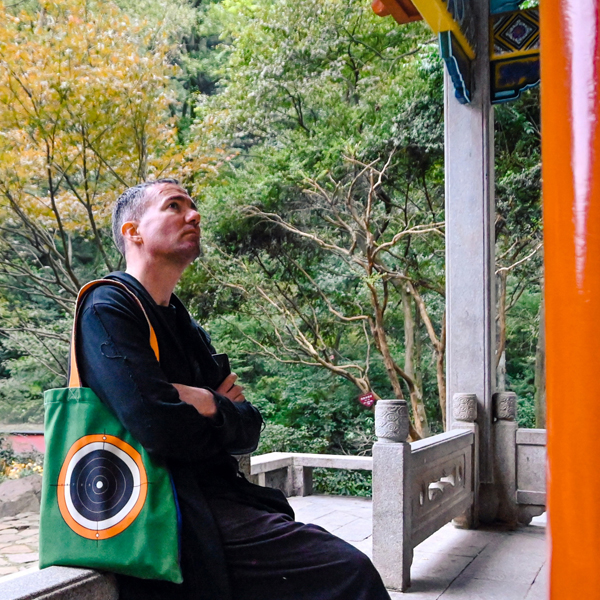Tips on navigating a return to working in NZ
There’s no denying that working in NZ can be significantly different to what you were used to overseas. Returners report a real mixed bag of experiences, in part reflecting the diverse range of reasons repats have for coming back to NZ.

For some, the move home represents the end of ‘away time as play time’ and the start of a real focus on building their career. For others, having done the ‘big career’ or the ‘big corporate thing’ while overseas, the return might be an opportunity to scale back, work for themselves or, be more selective about where they choose to work.
Undoubtedly, an individual’s experience is inextricably bound up in the complex range of reasons they chose to come back in the first place. For those who have come for family, lifestyle or health reasons, even a less than ‘perfect’ job can be perfectly fine, if it facilitates the other factors. But for those who feel they didn’t really choose to come back and don’t really want to be here, even the best opportunity can fall short.
In this post, I’ll share some of the most common experiences, along with insights and tips on navigating a happier return to working in NZ – which may actually start with (re)framing how you think about work..
Consider the possibility that small can be beautiful
One of the great shocks about working in NZ is the smaller size and relative youthfulness of organisations, compared to overseas. The challenges reported here include: jobs with a much smaller scope than what you are capable of doing, smaller budgets to play with, unprofessional ‘cowboy cultures’ and, a sense of disbelief at how many NZ organisations are just starting to engage with the challenges that are considered more or less solved in other parts of the world.
But, there can also be great opportunity in these smaller, less mature and (relatively) less well-organised businesses that constitute NZ Inc. The less structured approach to organising may create more opportunity for you to have your ideas implemented than might have been possible in the highly formalised and hierarchical organisations you worked in overseas. The smaller size, and informal culture, can also mean it’s easier to directly influence those at the top table and, the breadth of roles that comes from working in leaner, flatter organisations may mean more opportunity for you to extend your repertoire of skills beyond your area of expertise – great for those with ambition and a growth mind-set!
Go for Glocal
A number of multi-nationals have also set-up shop in NZ providing an opportunity to join a relatively small local operation which is also part of a large global group. This can provide a great ‘best of both worlds’ experience for those who want to be part of a smaller, less formal workplace while staying connected to the wider world. This may also provide a ‘softer landing’ for your return to the NZ jobs market, especially if you’ve been away a long time. Ask local recruitment consultants who might be hiring in this space.
If you’re still overseas, and working for a multi-national with an NZ presence, have a chat to HR and see if there might be a way for you to continue to work for the company from NZ. Even if there is no specific role in the local operation, many multi-nationals are so keen to keep good talent that they will create a remote role if they can.
Don’t make assumptions
The most commonly reported ‘good surprise’ is that there are lots of complex and challenging roles available in NZ organisations. The less welcome realisation though, is that in many NZ organisations, are often missing two things – a strategic mind-set and the foundations for responding to these challenges in a systematic and sustainable way.
Organisations may have a lower level of capability to what you’re used to, fewer resources or, in many cases, simply lack the experience needed to know how to organise work in an optimal way. This can be experienced as a pro or a con, depending on how you are wired – for some, being able to build something from scratch is seen as a major bonus, for others a giant red flag.
Do your research into which industries and organisations might be facing the kinds of challenges you are keen to solve and don’t make any assumptions about what the organisation might already be doing or, what structures and resources are already in place. When interviewing, ask questions to understand what you’d be walking into and discuss your ideas to gauge receptivity before you commit to taking the role. The bluntness of Kiwis is of real value in this regard – ask a direct question and most people will tell you the truth!
Accept that not everyone has an open mind so seek out those who do
Unfortunately, despite the value that internationally experienced talent can offer in solving many of the challenges facing NZ business, there are still some who maintain a closed-mind to doing things differently. Many returners report a great sense of frustration at not being able to make as big a contribution as they can, because what they’re suggesting is not ‘the Kiwi way’.
The best way to avoid this unsatisfying impasse (for both sides) seems to be; seek out organisations that already have a culturally diverse, internationally experienced workforce – especially those with an internationally diverse executive team. These are most likely the organisations where you will find value placed on those who bring a global mind-set and, offer both a receptiveness to your different ideas and, the opportunity to learn from others who might also think differently to you.
Tapping into the wisdom of specialist repat recruiters like Home Recruitment is a good way to gain some on the ground insight into which organisations might be a good cultural fit. You could also try the Kea New Zealand LinkedIn group or the Kiwis Migrating Home Facebook group.
Expect that your criteria will change
With few exceptions, most returners report that it took trying out a few different jobs to figure out what they actually wanted to do. Some formalise this process of experimentation, by choosing to contract rather than look for a permanent role – something local recruiters often recommend for those who have been out of the NZ labour market for some time.
But even for those who don’t want to contract, it’s likely that the first job you take when back in NZ won’t be your last. A variety of factors contribute to this, including:
Short vs. long term goals: many returners report that, initially at least, they’re heading home in pursuit of the traditional ‘Kiwi Dream’ – home ownership, a couple of free range kids (or fur babies) with plenty of safe, outdoorsy space for them to run about in.
This may mean the first job is the means by which they make this happen – a permanent role with a decent salary in an organisation that’s unlikely to go bust AKA one that will satisfy the banks enough to secure you a mortgage. But, once you’ve got the roof over your head sorted and are feeling more established within your professional networks, you may decide to branch out and take on work that is a bit less secure – working with a start-up, freelancing or even starting your own business. Or vice versa.
Same job, different organisation – different organisational cultures, manager and team mates can lead to vastly different experiences of the same (on paper) job. Several interviewees reported that the first job they took was such a bad experience, that they considered leaving the country again. But, then the second job was so different that it changed their perspective entirely on whether they could build a new life in NZ. And, the more time they spent here building their networks, the better intel they gained about which organisations to approach and which to avoid at all costs!
The question of location: while a lot of returners choose to move back to the cities on the belief that these offer the best job prospects, the pursuit of a particular lifestyle may mean a move to a different part of NZ is on the cards at some point. Some returners actually formalise this process of ‘finding their home first’ by choosing to housesit around NZ for the first few months, only deciding where to ‘settle down’ and get a permanent job once they’ve had a taste of what’s on offer ‘lifestyle-wise’ in a variety of places.
Focus on what you can gain rather than what you have lost
Instead of bemoaning the loss of your overseas job or international career, try and think about what you might gain from working in NZ, even if it’s not where you want to spend the rest of your professional life. Many returners report that the experience they gained working back in NZ, has been hugely valuable a springboard for them to take up an interesting opportunity overseas.
For others, it’s an opportunity to build a life that doesn’t entirely revolve around the job. As Oprah Winfrey herself has said, NZ seems to have a pretty good perspective on how work should fit into life and, reports from returners confirm that this is the case – especially in terms of employers promoting the value of work-life balance.
Interestingly, while antiquated in some ways, there are also pockets of people practices in NZ workplaces that are seen as world leading, especially in relation to flexible working. Examples include the Perpetual Guardian experiment on the four day week – gaining attention worldwide and being adopted by more companies in NZ – and the government’s plan to close the Gender Pay Gap which includes the introduction of flexibility by default for all public sector roles.
Accept that not everyone has an open mind so seek out those who do
If you can’t find a single job that ticks all your boxes – and remember few people do – consider taking a more holistic approach to your definition of work. So, maybe you take a role because it pays the bills, and then get involved in some community work that’s more aligned with your sense of purpose, or carve out some time to pursue one of your passions.
By spreading the work around, you take the pressure off any one job to be perfect and in so doing you may actually find that start to get more enjoyment out of all of the work that you do.
This story was created by Tricia Alach, creator of the How To Have A Happy Homecoming blog, check it out for more stories of Kiwis coming home and resources for making a smooth transition back.
COMING HOME?
Resources
We’re here to support returning Kiwi. Here’s our list of resources to help you plan your return and next steps.
Jobs
Looking for a new role in New Zealand? Visit the Kea job portal and find your next career opportunity.

 MENU
MENU









